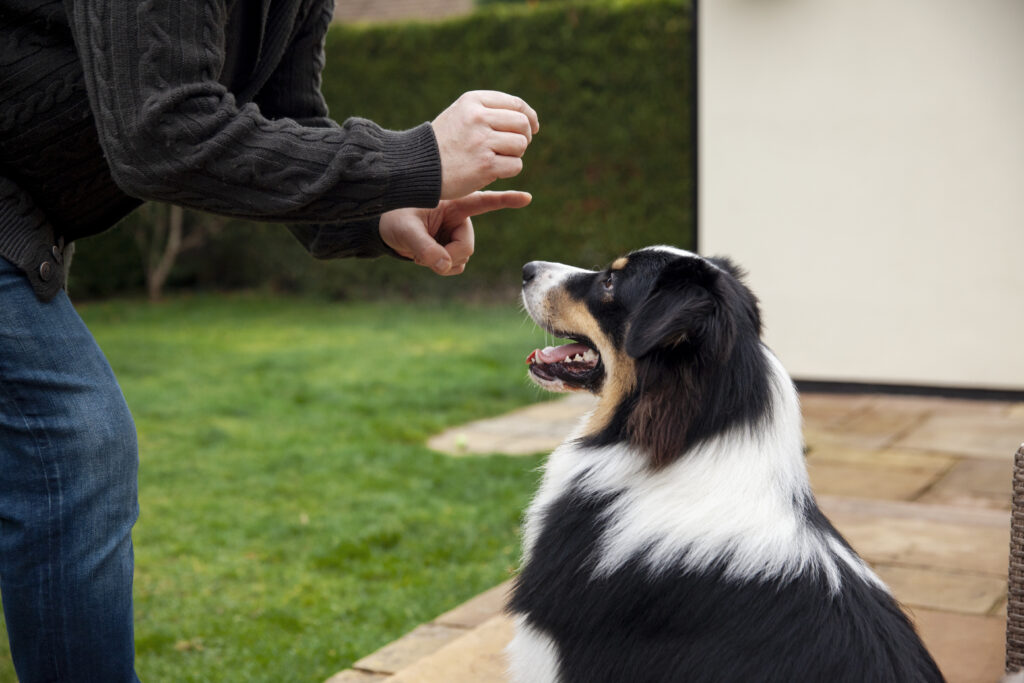How to Stop Dog Barking And Effective Solutions for a Quieter Home

Dog barking is a natural behavior, but excessive barking can become a nuisance. Whether it’s interrupting your day or causing tension with neighbors, understanding the reasons behind barking and implementing the right solutions is key to solving this issue. Here’s how you can manage and reduce unnecessary barking, leading to a more peaceful home for both you and your dog.
Why Do Dogs Bark?
Dog Barking, is a dog’s way of communicating, and it can stem from a variety of reasons. Dogs may bark to express emotions, signal danger, or fulfill a need. Understanding why your dog barks is essential for addressing the issue effectively. Common causes of barking include:
Alerting to Sounds or Strangers: Dogs instinctively bark to alert their owners of unfamiliar people or noises.
Seeking Attention: Dog Barking when they want attention, food, or playtime.
Fear or Anxiety: A dog may bark in response to stress, new environments, or separation from their owner.
Boredom or Loneliness: Dogs left alone or without enough stimulation may bark to alleviate their boredom.
Excitement or Play: Playful barking is a sign of joy or excitement during interaction.
How to Stop Excessive Dog Barking
Addressing persistent barking requires patience, consistency, and targeted training. Follow these steps to help manage your dog’s barking:
Identify the Cause of the Dog Barking
The first step in tackling barking is to figure out why it’s happening. Is your dog alerting to an intruder, seeking attention, or reacting to anxiety? Understanding the root cause will guide your training efforts and make your approach more effective.
Use Consistent Training Techniques
Teach your dog clear, simple commands like “Quiet” or “Enough.” When your dog stops barking, reward them with treats or praise. Repetition and consistency are key. Over time, your dog will associate silence with positive outcomes.
Ensure Proper Exercise and Stimulation
Regular exercise, such as walks and playtime, helps burn off excess energy. Keeping your dog physically and mentally stimulated reduces the likelihood of barking due to boredom. Interactive toys or puzzle feeders can keep them engaged when you’re not around.
Create a Calm Environment
If your dog barks at people passing by, block their view by closing blinds or curtains. Consider using white noise machines to mask outdoor sounds that trigger barking. Creating a calm environment reduces unnecessary stimulation and helps manage barking.
Establish a Routine
Dogs thrive on routine. Stick to a regular schedule for feeding, bathroom breaks, and playtime. A consistent routine keeps your dog settled and less likely to bark out of confusion or anxiety.
Use Positive Reinforcement
Reward good behavior instead of punishing barking. Positive reinforcement builds trust and encourages your dog to repeat the desired behavior. It’s a more effective method for training compared to negative punishment.
Seek Professional Help
If barking persists despite your efforts, consult a professional dog trainer or a veterinarian. Sometimes, underlying medical or behavioral issues may contribute to excessive barking, and expert guidance can help address these concerns.
Dealing with Specific Dog Barking Behaviors
Certain types of barking may require unique strategies. Here’s how to address specific barking issues:
Attention-Seeking Barking: Ignore the barking until your dog stops. When they quiet down, reward them with attention, a treat, or a play session. This teaches your dog that silence gets rewards, not barking.
Territorial Dog Barking: If your dog barks at visitors or other animals, help them learn to distinguish between real threats and harmless stimuli. Proper socialization and training will help them respond more appropriately.
Separation Anxiety: Dogs with separation anxiety often bark when left alone. Gradually desensitize them to your absence by leaving them alone for short periods, gradually increasing the time. Comfort items like a favorite toy or calming music can also help ease their anxiety.
Fear-Based Dog Barking: If your dog barks due to fear, work on counter-conditioning. Pair the fearful trigger (such as a loud noise or unfamiliar object) with positive experiences, like treats, to change their emotional response.
Legal Considerations: Handling Barking Complaints
Excessive barking can lead to complaints from neighbors and potential legal issues. Here’s how to avoid this:
- Keep your dog inside during quiet hours to minimize disturbance.
- Address any complaints calmly and work on resolving the issue.
- Review local noise ordinances to ensure you’re within the legal limits for noise disturbances.
How to get a dog to stop barking
How to stop dog barking
“Help your furry friend stay calm and quiet with the Dog Bark Device – a humane and effective solution for managing excessive barking. Featuring adjustable sensitivity levels, vibration, and sound modes, it’s perfect for training dogs of all sizes while ensuring their comfort and safety.

Understanding why your dog barks and taking the time to address the cause is crucial for creating a harmonious living environment. With consistent training, proper stimulation, and a clear routine, you can reduce excessive barking and enjoy a peaceful home with your canine companion. If all else fails, don’t hesitate to seek professional help—your dog’s well-being and your peace of mind are worth it.
Read also : Dog Biting







